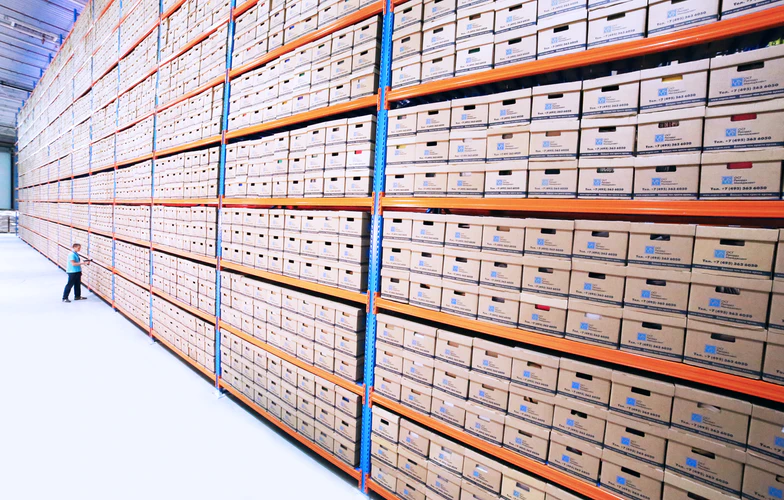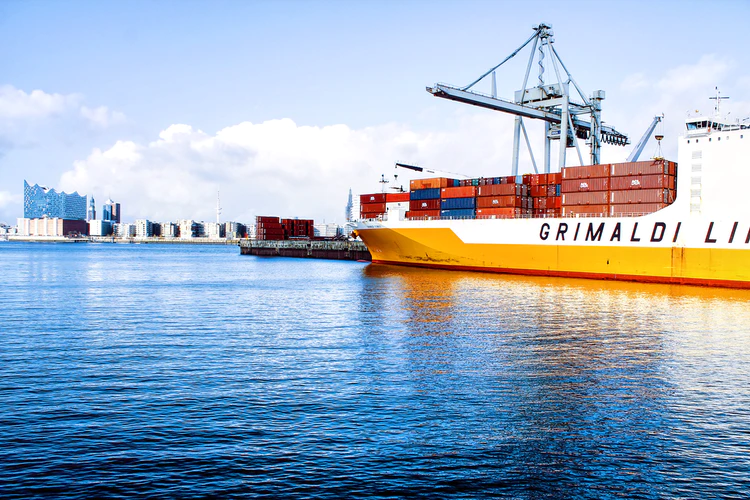
Deciding upon the location of a warehouse to meet your business needs is an important decision. Where it is situated can affect your profitability, as well as determining how efficient and effective your company is thereafter. Therefore, as such a decision should never be taken lightly, this article examines six factors to consider when looking at warehouse locations.
1. Workforce Availability, Skills, and Costs
Without workers, you will have an empty warehouse or, even worse, an inadequately skilled workforce. Therefore you need to ensure that in desired locations, you have the ability to hire appropriately skilled people or at least people with the right attitude and willingness to be trained, although the latter may initially incur extra costs.
To better understand your potential workforce, research into the local area, paying particular attention to the labor market, and turnover thereof. This is because low workforce availability will lead to higher salaries for those with the required skills. In turn, high workforce availability means lower salaries because you have more individuals to choose from as prospective employees.
2. Rent and Taxes
All costs need to be considered to prevent any potential cash flow problems later on. People at AustinTenantAdvisors.com suggest preparing for the right questions to ask about who is responsible for paying what and when at the outset. In addition to rent, you must also ensure you meet your taxes. These must be paid to avoid incurring a financial penalty or worse. So ensure you know of governmental or state regulations and when payments are due. It may also be worth determining whether there are any governmental tax relief programs your business may qualify for.
3. Accessibility to Roads and Highways
If you rely on transportation for deliveries to and from your warehouse, you do not want to be too far from highways. However, you do not want to be located amidst traffic density because this will also cause delays and extra costs in fuel, not to mention wasted time. This can affect the viability of using customers potentially using the warehouse.
Consideration should thus be given to
- Traffic peak hours
- Typical traffic speed and volume
- Highway accessibility, connectivity, and exit ability
- Public transportation locality
- Road safety, signs, and signals

4. Accessibility to Carriers
Just as proximity to roads and highways is an important consideration, so is accessibility to other carriers from your warehouse, especially if your products require an additional journey to get to their destination. This may involve overseas carriers, including air or water, therefore you need to determine what potential carriers are available to you and what costs. The closer you are to one or more carriers, the better it is for your business in terms of costs and time. However, the next best alternative is being near to roads or highways that can take you to your carriers without congestion or safety concerns.
5. Proximity to Customers
Having an awareness of where most of your consumers are based is also important when considering the location of your warehouse. This is because knowing where the majority of them are will help you decide the best location for it. Closer to your customer base means quicker deliveries, less shipping costs, less fuel costs, and less travel time.
If your customers are mainly overseas then perhaps your warehouse’s location would be more suitable nearer to one of your carriers, if you could not locate a warehouse in between one or more of your them. Again, road and highway conditions raised in point 3 would require consideration.
6. Utilities and Storage
You will need to consider both of these factors when choosing a warehouse. Particular attention should be taken to whether the warehouse can cope with housing your products if they require specific care, like being kept in the light and refrigerated. This would therefore make the warehouse dependent upon one or more utilities. Their availability and costs in the area of your potential warehouse should be investigated to ensure that your products will not be ruined merely because of poor service by a utility company.
One important utility most businesses require is the internet. It is a service that is used to communicate with suppliers and customers. Therefore it makes sense to determine if there are any internet capabilities but also available speeds and costs.
Hopefully, these six factors have given you something to think about when looking for a warehouse. Take into consideration your business’s requirements at present and in the future because the last thing you will want to do is look for another warehouse because your newly acquired one has proven to be inadequate. Seek advice and do not be apprehensive when asking questions. After all, making an informed decision is better than making a poor one.

